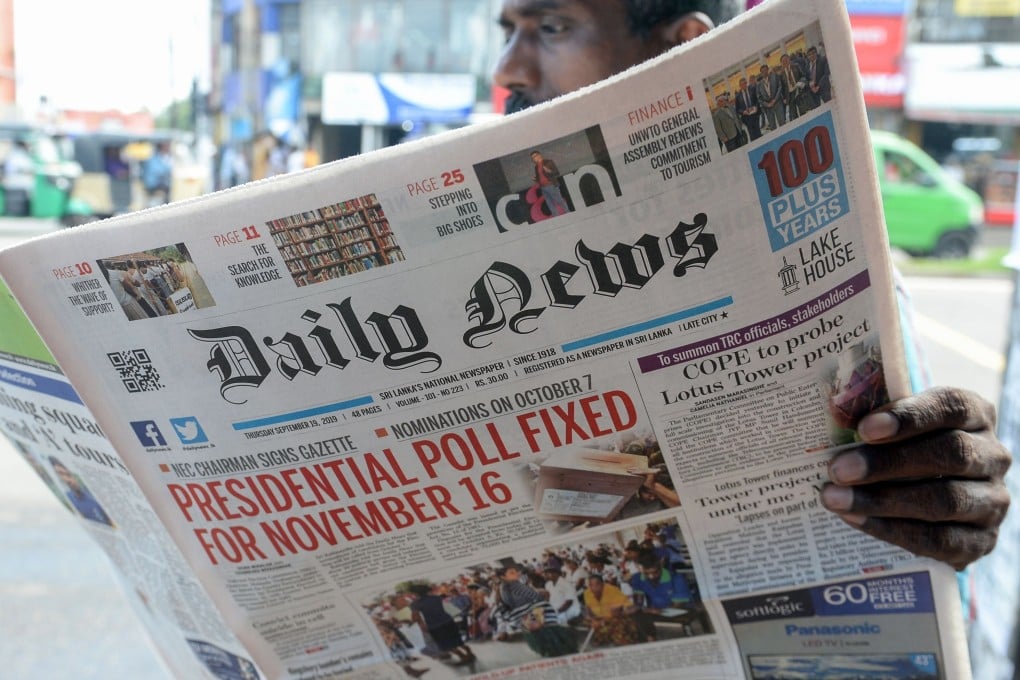Will fake news save journalism? Media must continue innovating, because real news is still necessary for real democracy
- Worldwide, new forms of financial and institutional support will be necessary to sustain public interest journalism. These must be independent to ensure government accountability and maintain democratic participation

The poster boy for robust health in the media industry used to have decidedly Indian features. Even as their counterparts elsewhere languished, Indian media houses were once busy launching new titles, snapping up journalists and boosting orders for newsprint, bucking global trends several years ago.
Today, sadly, a pall appears to have settled over many of these newsrooms.
“We need to change … we are playing catch-up now,” one top Indian editor told me at a dinner on the sidelines of the World Association of Newspapers and News Publishers’ (Wan-Ifra) India Conference last Wednesday. Lacklustre advertising during recent festive seasons has taken a toll on print advertising revenues, as circulations slide, he says.
Like many others, he laments how copies of most papers are sold for a few rupees at news-stands, with prices held down by the industry’s market leaders’ strategy to maintain their dominance.
Worse, hardly anyone charges for content online, while digital advertising is small and mostly soaked up by the technology giants, so there is scarcely any revenue coming in from online operations despite growing audiences.

The result: newsrooms feeling starved of editorial resources and facing mounting commercial pressures from advertisers, sponsors as well as governments not averse to withholding advertising to focus editorial minds. Media credibility ends up being hit, even amid a growing proliferation of fake news all round.
